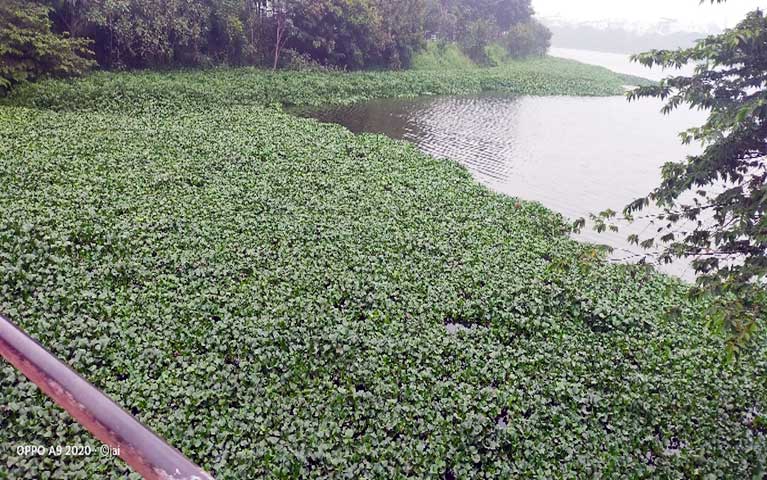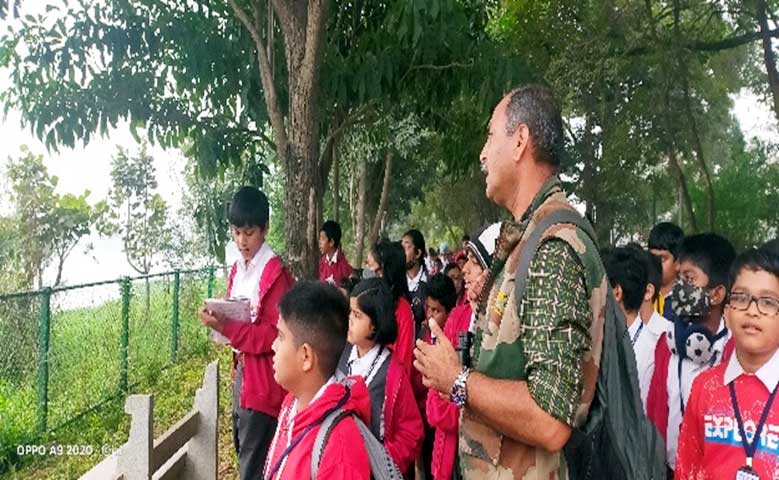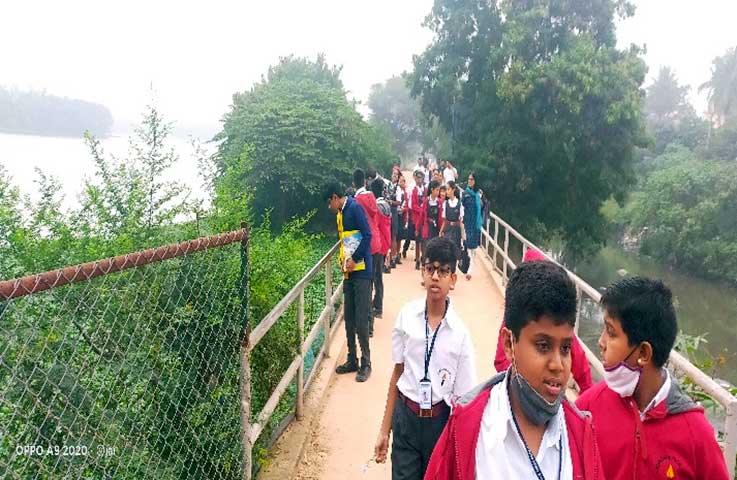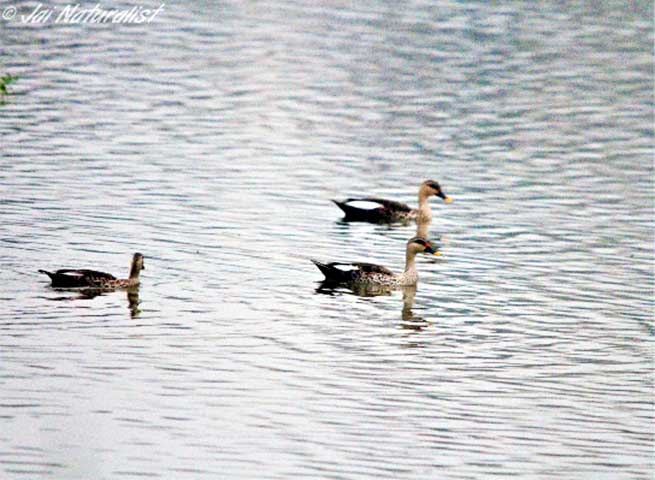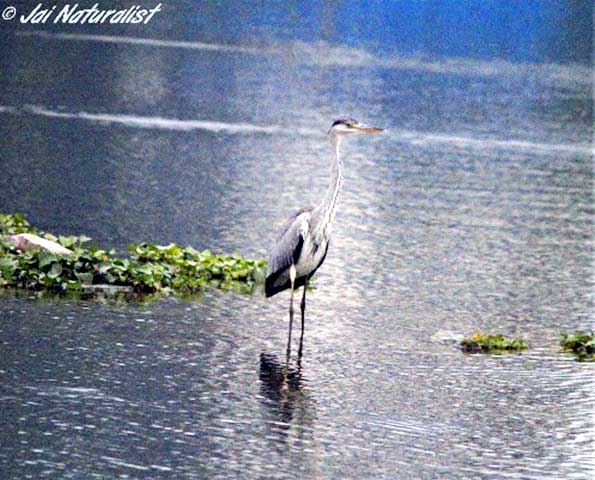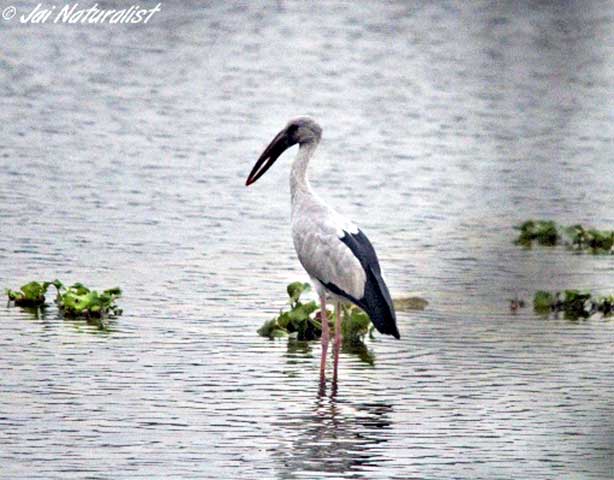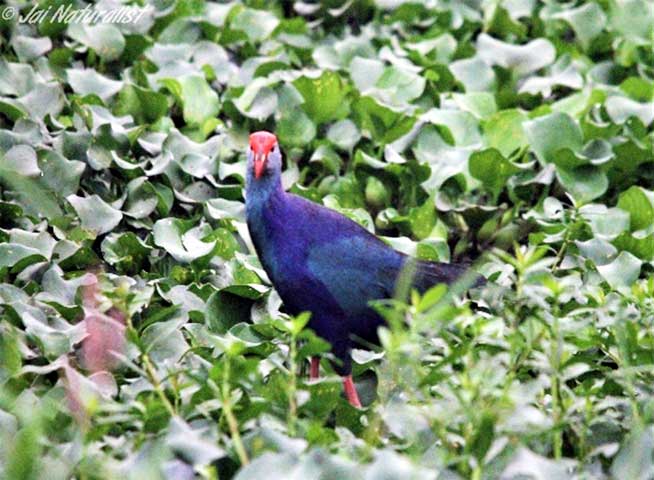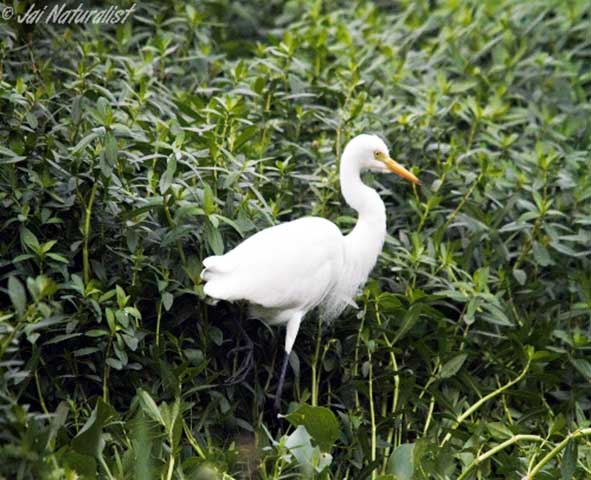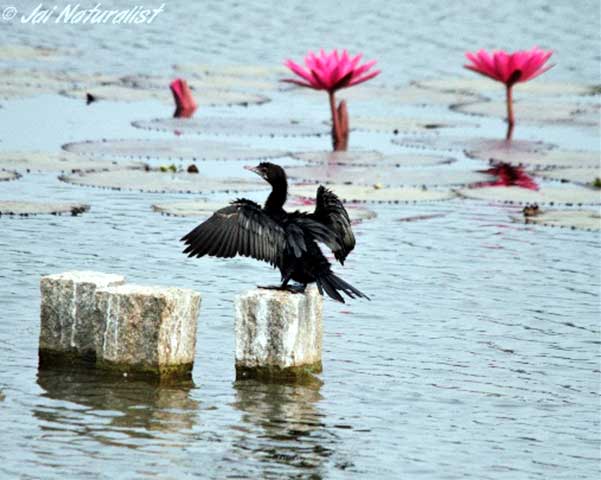Lawrence School Magazine Report - Students' visit to Lakes and Toyota Factory Ecozone
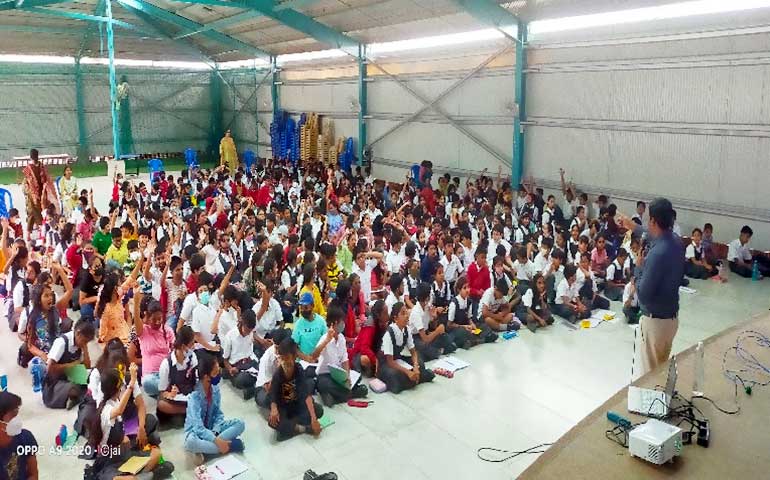

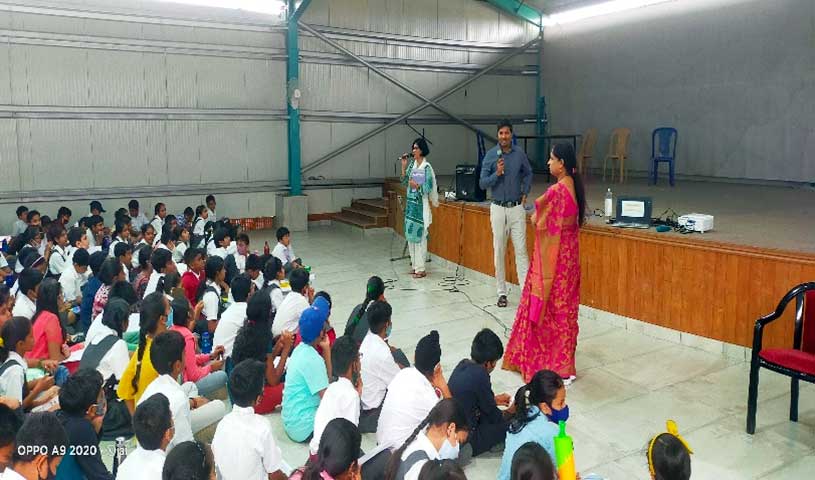
1. June – School Garden – The first topic bought the excitement in students and they worked with enthusiasm to plan their dream garden in school. Gardens play an important role in providing an opportunity to students to connect with nature in their own backyard, learn about plants, soil, insects and their inter- dependencies. Students made various designs and also shared the types of plants they wanted to plant?. Like- Medicinal, flowering, vegetable, ornamental etc.
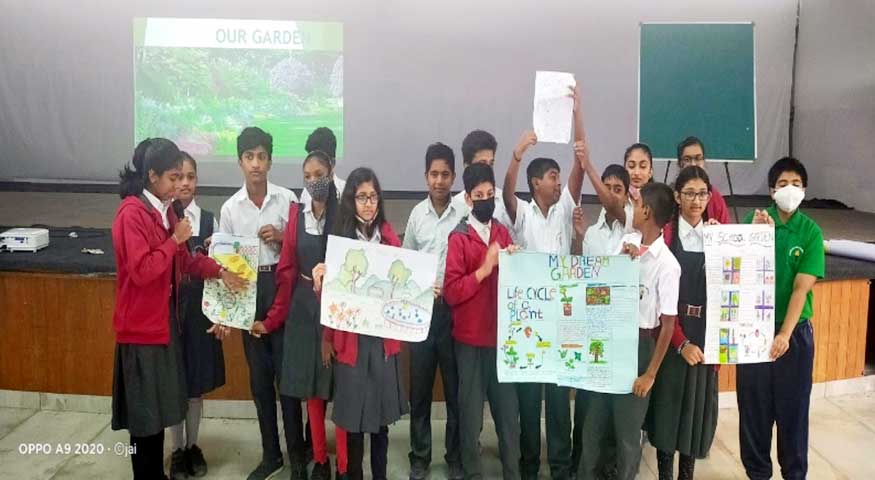
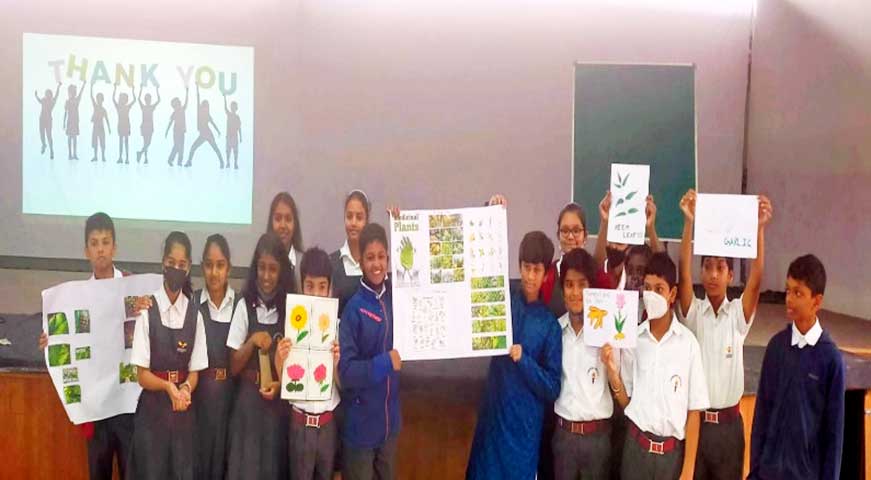
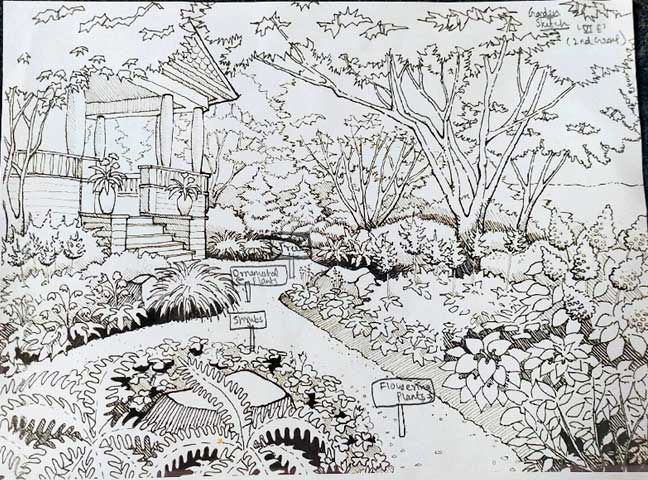
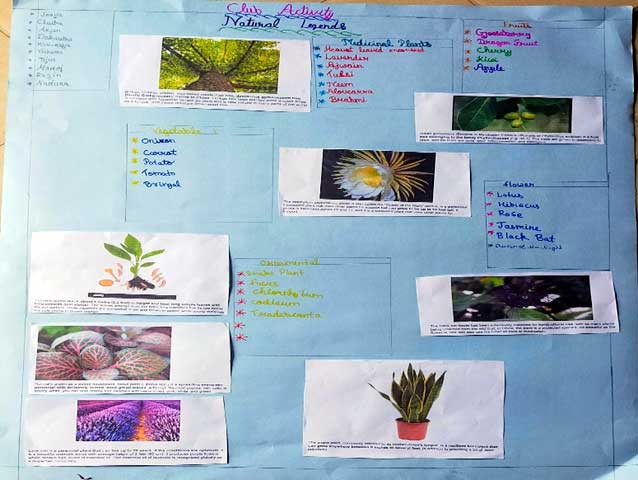
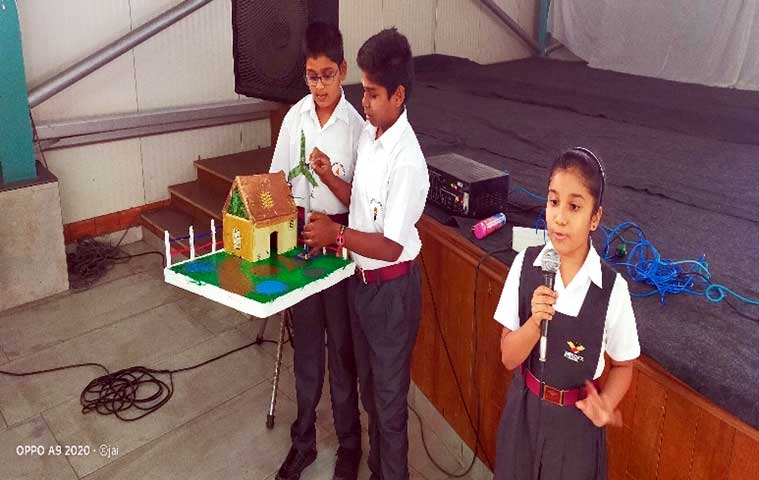
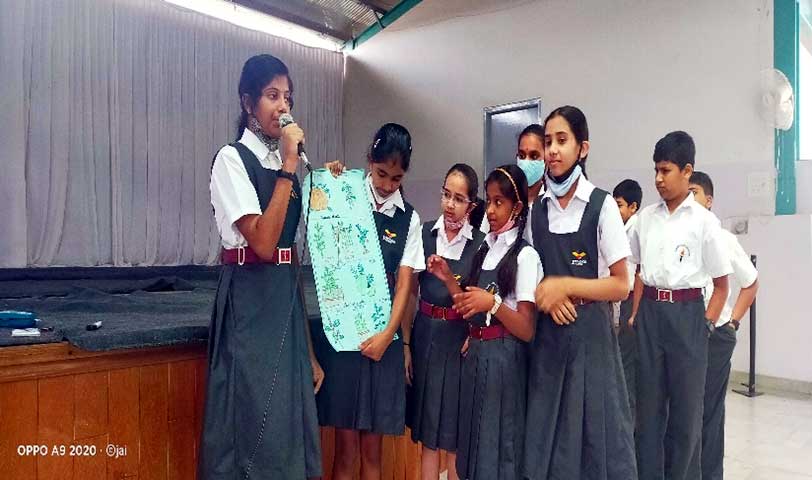
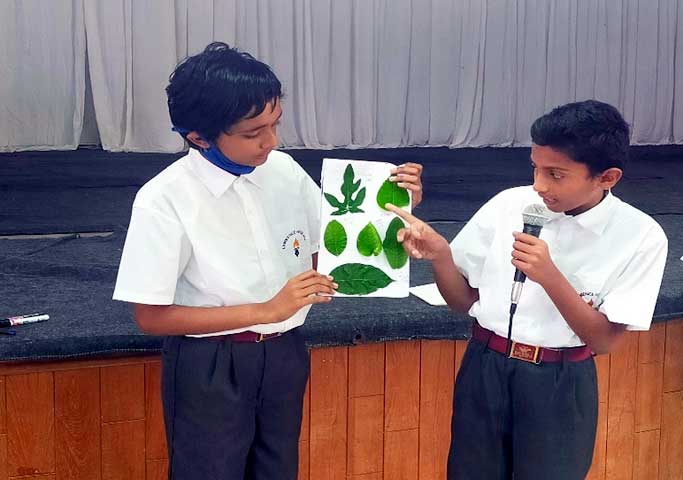
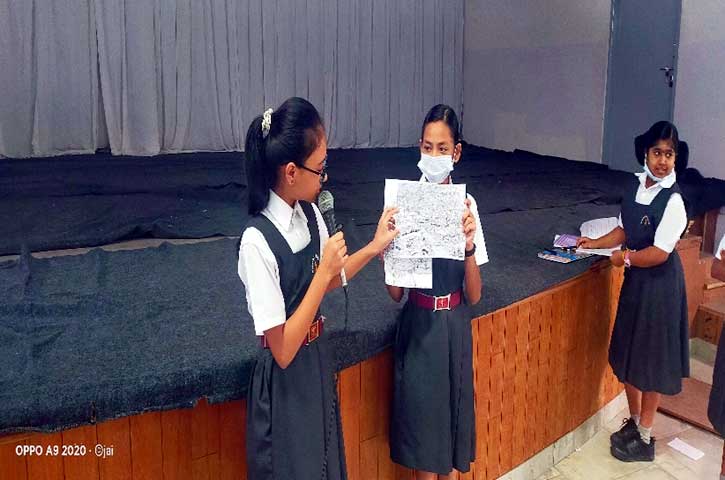
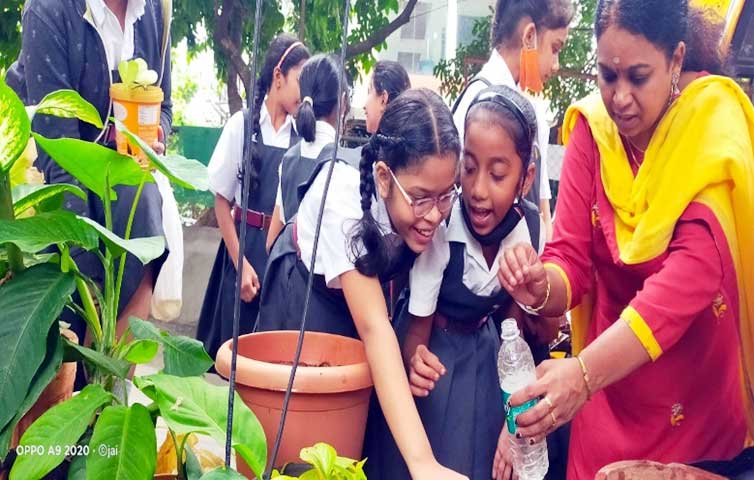
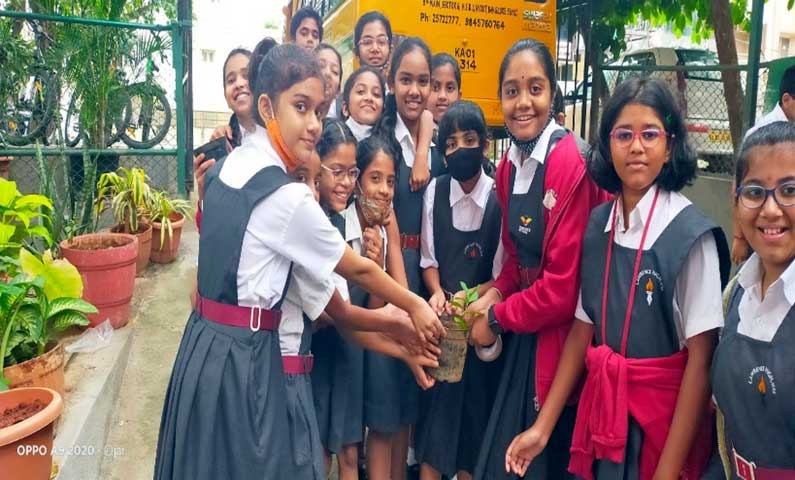
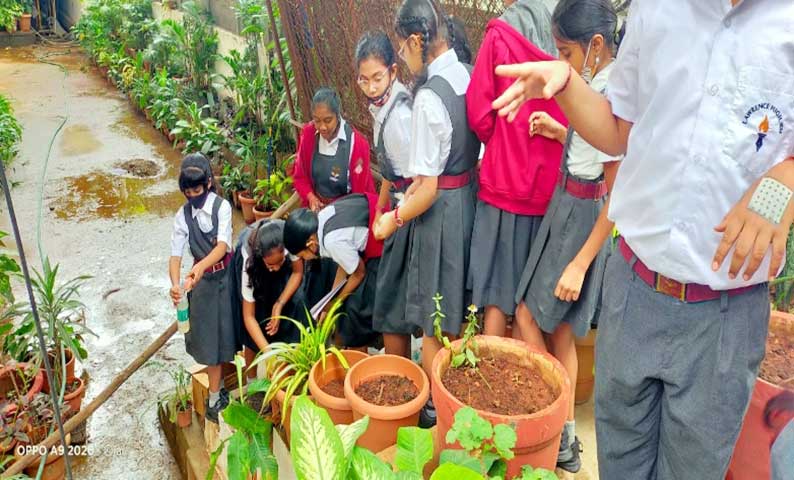
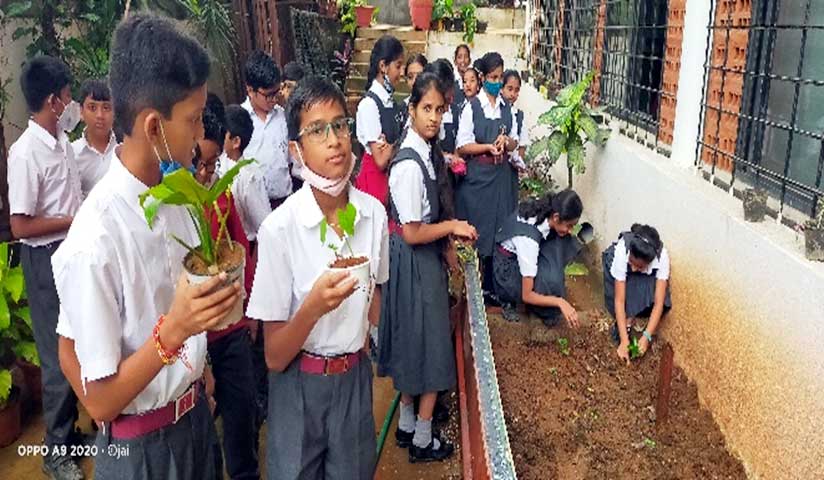
3. August – The interlinking topics of Role of Forests, Trees and Insects were explained to students through PPT presentations, short videos and case studies from across the globe. Now the presentations of students were becoming more interesting as they started quizzing and used other creative ways to keep other students alert and curious.
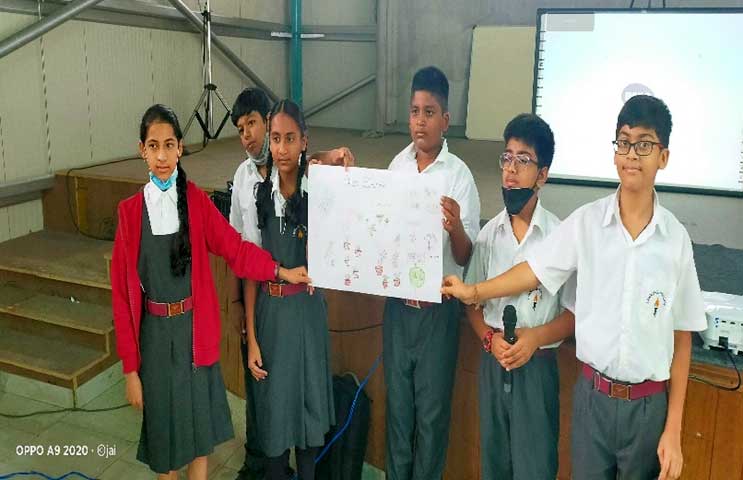
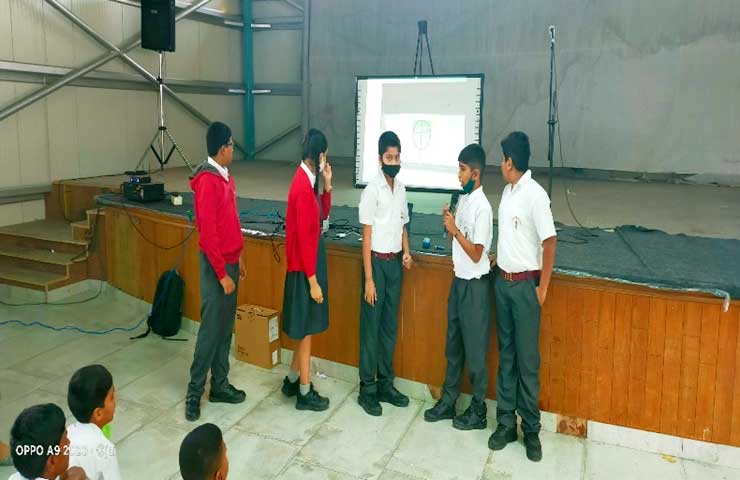
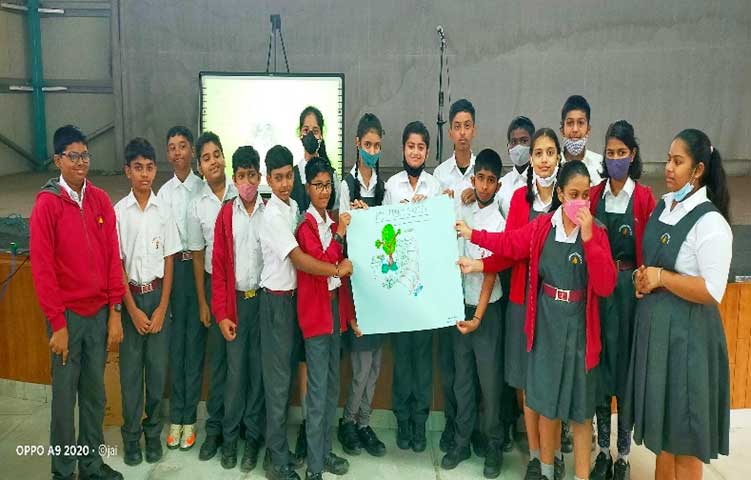
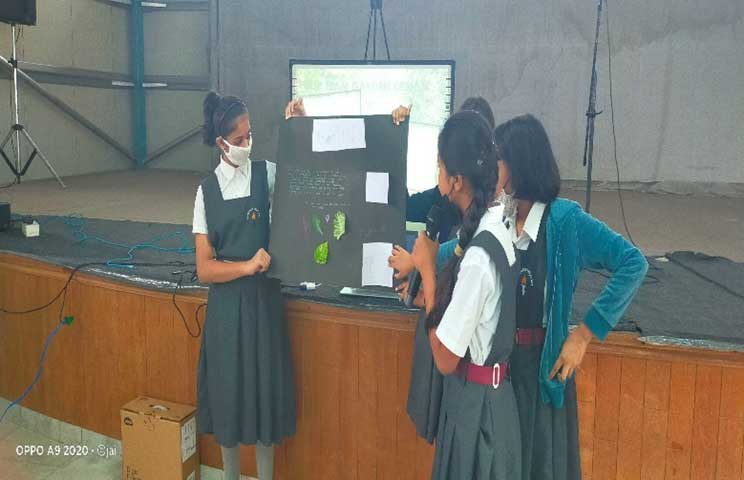
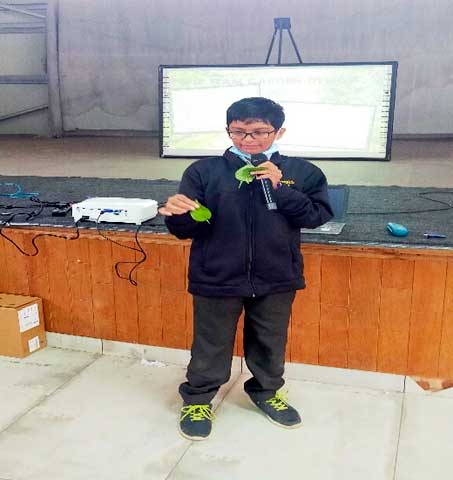
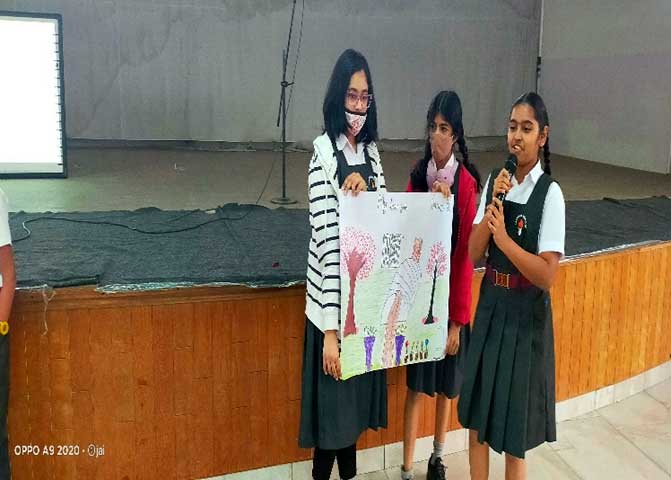
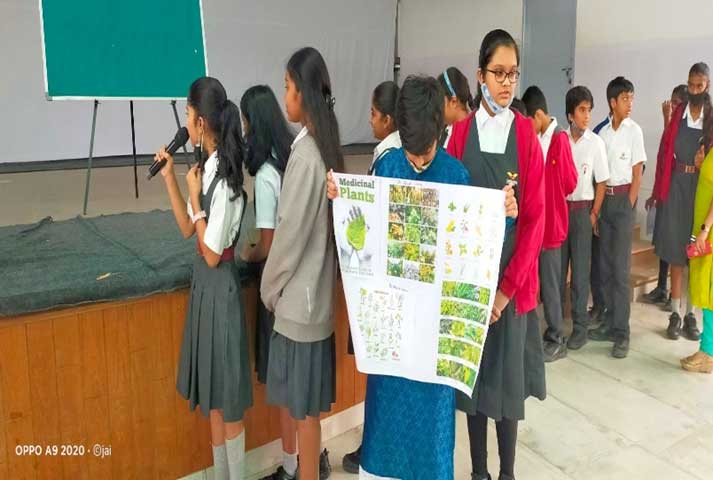
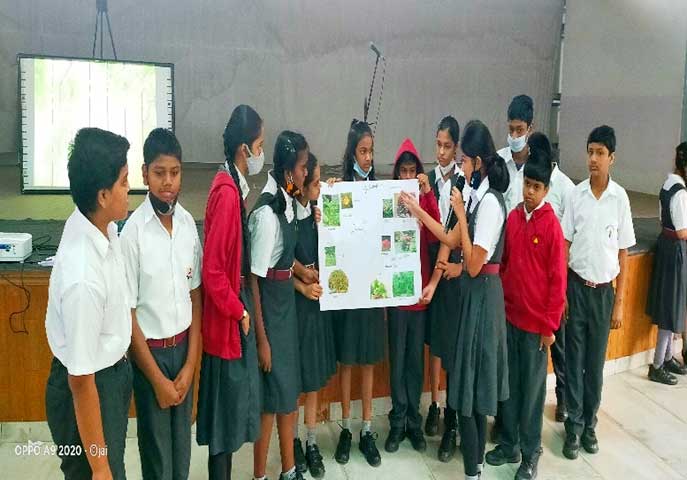
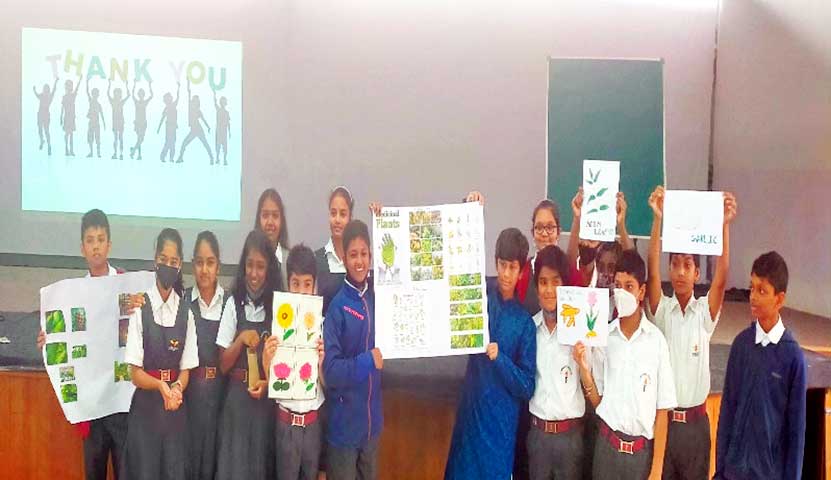
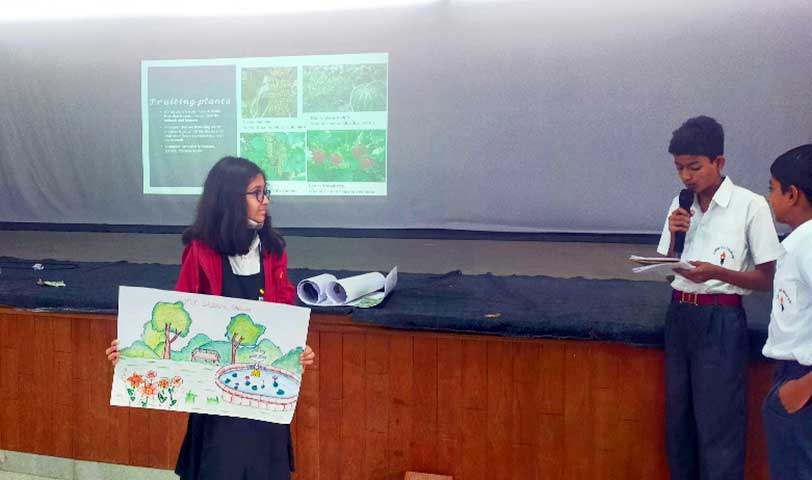
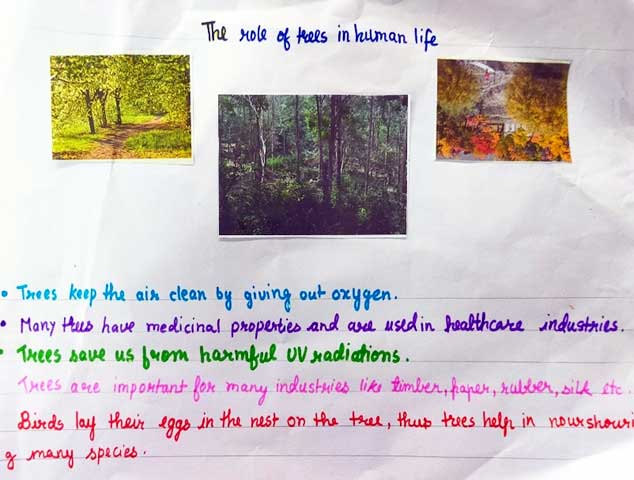
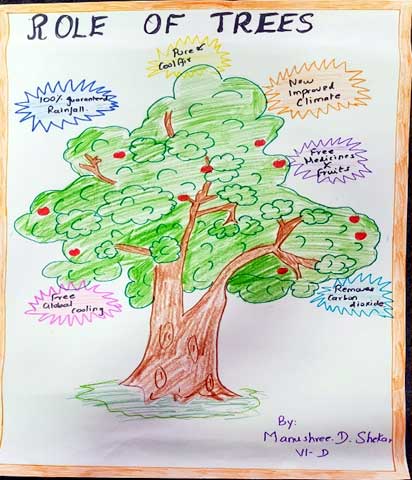
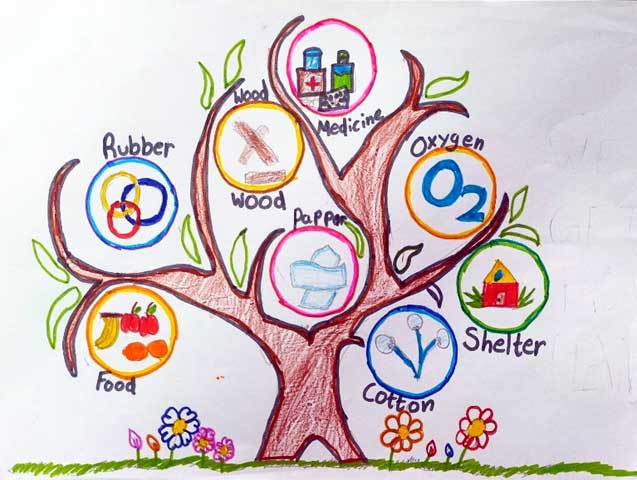
7. December – The students learnt about Importance of lakes and their roles in mitigating floods, recharging ground water and providing habitat to many aquatic biodiversity. A field trip to Agara lake was organised, where students observed documented and analysed various problems associated with urban water bodies like water pollution, sewage dumping which leads to eutrophication.
